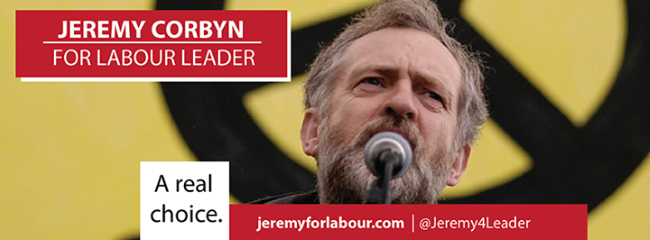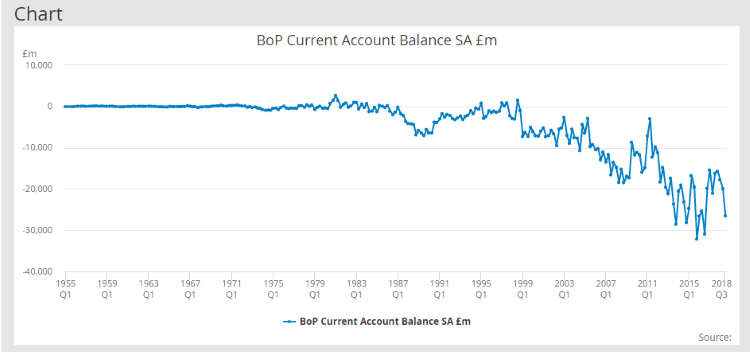Red Sin Censura, published an Internet in Danger page the other day, which pointed me at Le Monde’s “What’s wrong with ACTA”. This has been worrying me, since much of the opposition has been based solely on secrecy, although this bleeds into democratic oversight. Since the treaty has been negotiated primarily between democracies and their politicians and public servants, to me secrecy alone is not sufficient to win broad support to opposition to the proposed treaty; there’s a lot of people that trust their politicians. …
A giant juke box

This (European) Commission and Parliament must be the worst ever. Previous Parliaments have stopped ACTA & TTIP, previous Commissions have sanctioned Microsoft and Intel but it seems that this regime is going to commit two huge mistakes in regulating the new techno-economy.
The European Council has made the proposed Copyright Directive even worse! The link tax and the upload filters are still in place but the protections for authors and researchers have been weakened. The duties on social media sites with respect to licensing material are onerous to the extent of impossibility but then the law was always designed to transfer money from the datenkraken to legacy publishing businesses and turn the internet into a commercial jukebox. It’s so poor that despite,
As the entertainment industry representatives have said repeatedly during this fight, they are after nothing less than a fundamental reshaping of the Internet, where our ability to use networks for employment, family, civics, politics, education, collaboration, romance, and all the other purposes we put them to are subordinated to the use of the Internet as a glorified jukebox and video-on-demand service — where killing every EU competitor to U.S. Big Tech is an acceptable price to pay if it means transferring a few points to Big Content’s balance sheet. corydoctorow @eff
even the music companies now no longer want this law as it is.
The other piece of legislation is the Public Sector Information (PSI) Directive in which the Government’s have weaked the principle that public money buys public domain. For more see Glyn Moody on Tech Dirt, EU’s New ‘Open By Default’ Rules For Data Generated By Public Funding Subverted At The Last Minute.
Julia Reda, the Euro Pirate Party MEP writes on how to stop the Copyright Directive and points that the final votes in the Parliament will take place in the run-up to the Parliamentary elections. Not sure if the UK is taking part in them, or if there will be a selection for the candidates in the Labour Party, there wasn’t in 2012, they forgot, but I shall be writing to the Labour MEPs asking them to vote to support freedom of speech and a free internet.
You might want to too! …
Trade & Brexit

A friend posted a link to Larry Elliot’s article, “Ignore the free-trade evangelists. Brexit can create a fairer economy“, suggesting its critique of international trade implied some sunny upland in a post Brexit world. The article is sub titled “Free market economics created a world fit for multinationals. But we need less frictionless trade and more local control”., using a global context argument and yet diminishing the regulatory power which we share with the rest of the EU. The EU have sanctioned Microsoft, Intel, Apple & Google. The EU killed the ACTA & TTIP trade agreements. (Although not CETA, the Canadian version of TTIP). That is local control.
In no post-Brexit world, where we will take years to join the WTO and make new agreements with the 92 countries whose agreements we will have voided, will there be a vibrant British or Sterling economy, Elliot, and his fans are with Prof Minford in permitting if not encouraging the so-called legacy manufacturing industry to off-shore.
We should note that our Balance of Payments has been in deficit for, well forever really but is current running at £100bn p.a. about the same size as the crisis debt/deficit level that the Tories, supported by both the LibDems and rump New Labour used to justify austerity.
The UK will be poorer, and this misery will not be shared evenly and people will get angry. Anyone, with their hand dirty will be blamed. …
RemaIN

On June 23rd, there will be the most important democratic decision taken in the UK, ever. The British People and those of Northern Ireland will be asked if they wish to remain in or leave the European Union. I am firmly of the view that both collectively and individually we will be better off, have more freedoms and a richer political, and non-political culture if we remain in. Like others, I have a list of issues that I believe need to be considered, mine are, Jobs & Prosperity, Citizenship Rights, Sovereignty and Peace & Hope. …
Vote Jeremy Corbyn

The political choice in selecting Labour’s next leader involves choosing a platform and strategy. The platform choice is pretty clear, growth vs. austerity-lite. The strategy choices equally so, triangulation vs. a clear choice. So that’s simple then; it has to be Jeremy Corbyn. …
With TTIP, we mustn’t forget Privacy

This was a two part presentation given by Glynn Moody (an independent journalist) & Neal Deardon (WDM). Moody, summarised the arguments against in terms of their economic effect and briefly mentioned the privacy aspects of TTIP, Dearden spoke of the global governance rules and the side-lining of the World Trade Organisation, the United Nations and the developing world. Moody questioned the worth of the economic benefits, and challenged the sinister nature of regulations to be “as simple as possible”, the words come from CETA. …
Say No to TTIP

So off to a meeting on TTIP, chaired by Larry Elliot, one of Britain’s foremost economic journalists introducing a panel consisting of Polly Jones of the WDM, Judith Kirton-Darling, one of Labour’s new MEPs and a member of the EP Trade Committee, Dave Prentiss, (UNISON) , Gary Smith (GMB) and one of the national officers from the University & Colleges Union who was standing in for their General Secretary, Sally Hunt. (Was it Greg Barnett?). The meeting was kicked off by Polly Jones of the WDM. …
My old man said “follow the line”

I walked down to the conference centre and having been prompted by Chi Onawaruh picked up the National Policy Forum report. It’s huge and makes you wonder why they haven’t distributed it electronically. Doh! Of course, they have, they posted it on the membersnet site; they haven’t told anyone. Since they’ve also put it up YourBritain, [ the NPF Annual Report hosting page ] to thank all those non-members that contributed to the policy formation process, you’d think they might have pushed it out to the contributors, but they’ve all been busy. …
TTIP is forever

While the secrecy, harmonisation and the inclusion of investor state dispute resolution are bad enough aspects of TTIP, it seems this is another ‘Living Agreement’. Not only will the courts that interpret these agreements be beyond public accountability, any amendments to the treaty and agreements will be so too. I found this out at the meeting called by the Open Rights Group where Nick Dearden of the World Development Movement came to speak. …
What do London’s MEP candidates think about digital?

Yesterday the Open Rights Group held its final European Parliament hustings at Shoreditch Village Hall in Hoxton, London. It’s been a while since I visited and it’s certainly cleaned up well. It was great to be there. On the way in, I met Claude Moraes, Labour’s spokesman who told me that the Tories non-attendance was deliberate policy. I don’t know if it’s shame at their behaviour on the lobbying around the data protection directive or fear of a digitally educated audience. The meeting was moderated by Glyn Moody, who led the meeting through the issues of privacy, surveillance, whistle blowing, net neutrality, lobbying and copyright reform. The Tories absence meant that representatives from Labour, the LibDems, both represented by incumbents Claude Moraes and Sarah Ludford,the Greens (Danny Bates) and UKIP (Paul Oakley) who were not, were present. …
